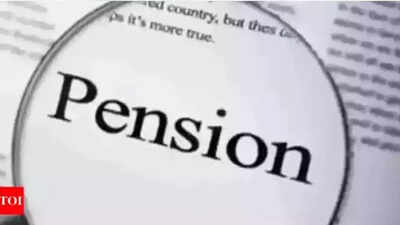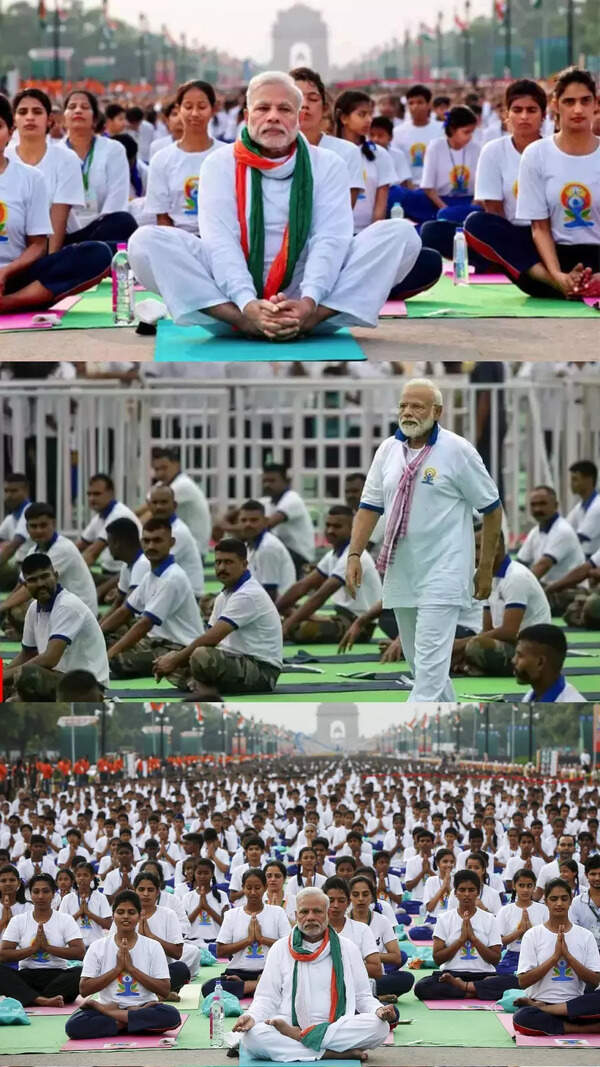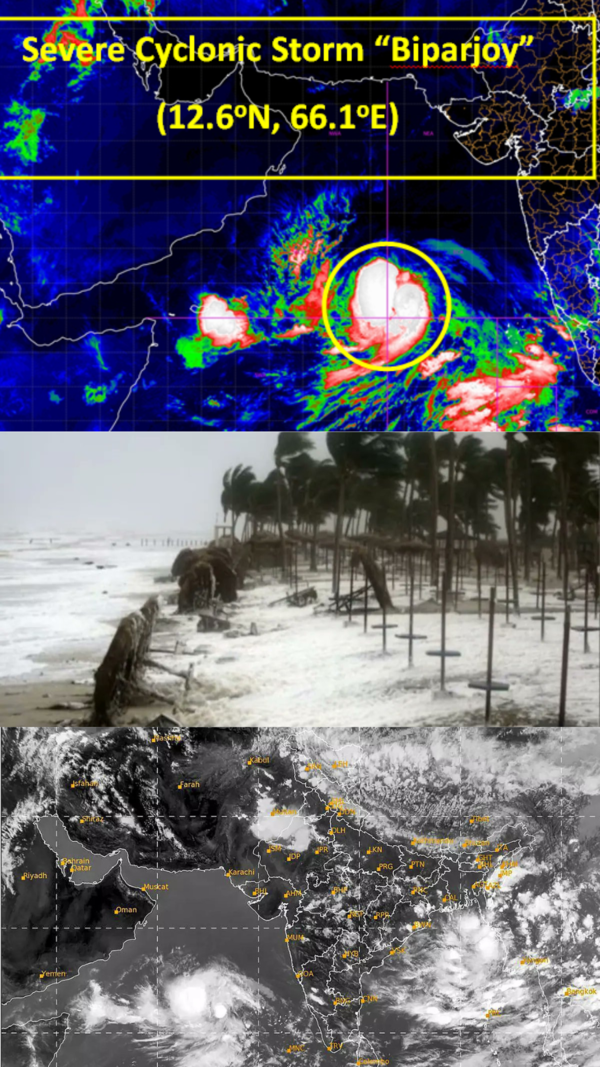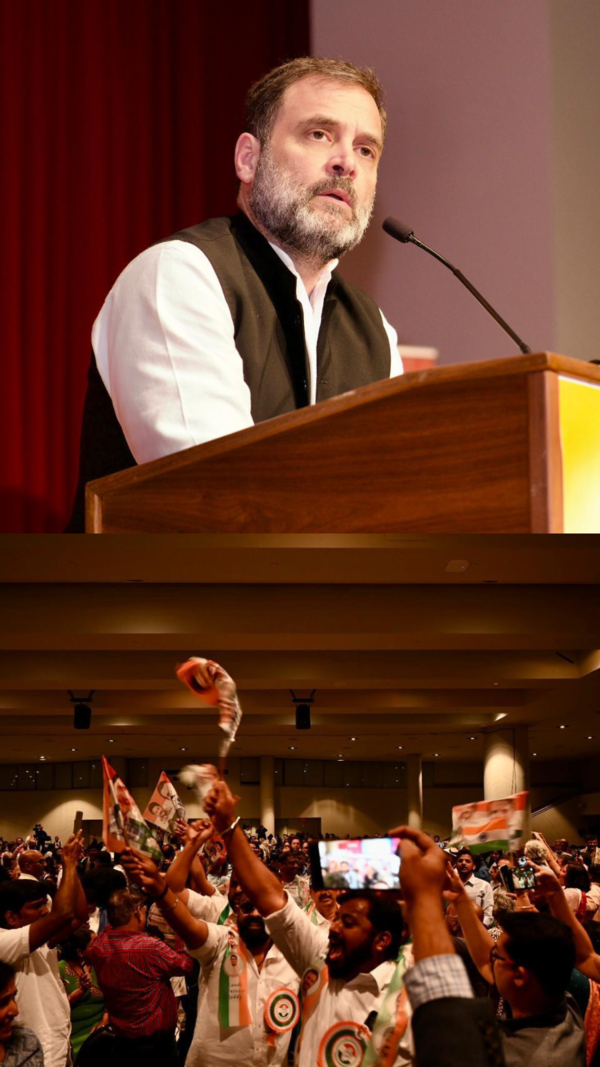- News
- City News
- ahmedabad News
- Gujarat HC allows withholding convict's pension
Trending
Gujarat HC allows withholding convict's pension

Image used for representative purpose only
AHMEDABAD: In a ground-breaking judgment delivered on Thursday, the Gujarat high court ruled that the government can swiftly withhold pension payments when a pensioner is convicted in a trial court for a grave offence committed during their service.

The bench of Justices A S Supehia and M R Mengdey observed, "The disciplinary authority is not bound to await the outcome of the criminal appeal. The suspension of sentence in a criminal appeal, which is filed after a conviction in a serious crime by the initial criminal court, does not impede the disciplinary authority from exercising its powers as delineated in Rules 23 and 24 of the Gujarat Civil Services (Pension) Rules, 2002."
These rules empower the government to withhold or curtail pension payments partially or entirely.
This matter surfaced when a retired talati-cum-mantri, convicted and penalized in a corruption case during his service, challenged the departmental proceedings and the withholding of his pension after being convicted in a corruption case filed against him during his service.
Addressing an additional concern, the division bench offered clarity by affirming that a government department is not obligated to issue a show-cause notice or provide a hearing opportunity to the pensioner before acting in accordance with the pension rules. The court took note of recent administrative instructions issued by the state government regarding the issuance of show-cause notices. However, it clarified that giving such a notice to a pensioner should not be misconstrued as the initiation or commencement of "departmental proceedings". Moreover, the four-year time limit to initiate such proceedings should not serve as an impediment. Underscoring the absence of any specified limitations within the Gujarat Civil Services (Pension) Rules, 2002, the HC further clarified, "No restriction or limitation can be imposed on taking action against a pensioner under Rule 23(2) and Rule 24(1) after their conviction for a serious crime by the initial criminal court."

The bench of Justices A S Supehia and M R Mengdey observed, "The disciplinary authority is not bound to await the outcome of the criminal appeal. The suspension of sentence in a criminal appeal, which is filed after a conviction in a serious crime by the initial criminal court, does not impede the disciplinary authority from exercising its powers as delineated in Rules 23 and 24 of the Gujarat Civil Services (Pension) Rules, 2002."
These rules empower the government to withhold or curtail pension payments partially or entirely.
With this, the division bench resolved the conflicting perspectives of two single-judge benches concerning suspending or reducing pensions for retired employees, effectively establishing a standard protocol to be followed.
This matter surfaced when a retired talati-cum-mantri, convicted and penalized in a corruption case during his service, challenged the departmental proceedings and the withholding of his pension after being convicted in a corruption case filed against him during his service.
Addressing an additional concern, the division bench offered clarity by affirming that a government department is not obligated to issue a show-cause notice or provide a hearing opportunity to the pensioner before acting in accordance with the pension rules. The court took note of recent administrative instructions issued by the state government regarding the issuance of show-cause notices. However, it clarified that giving such a notice to a pensioner should not be misconstrued as the initiation or commencement of "departmental proceedings". Moreover, the four-year time limit to initiate such proceedings should not serve as an impediment. Underscoring the absence of any specified limitations within the Gujarat Civil Services (Pension) Rules, 2002, the HC further clarified, "No restriction or limitation can be imposed on taking action against a pensioner under Rule 23(2) and Rule 24(1) after their conviction for a serious crime by the initial criminal court."
Start a Conversation
FOLLOW US ON SOCIAL MEDIA
FacebookTwitterInstagramKOO APPYOUTUBE










